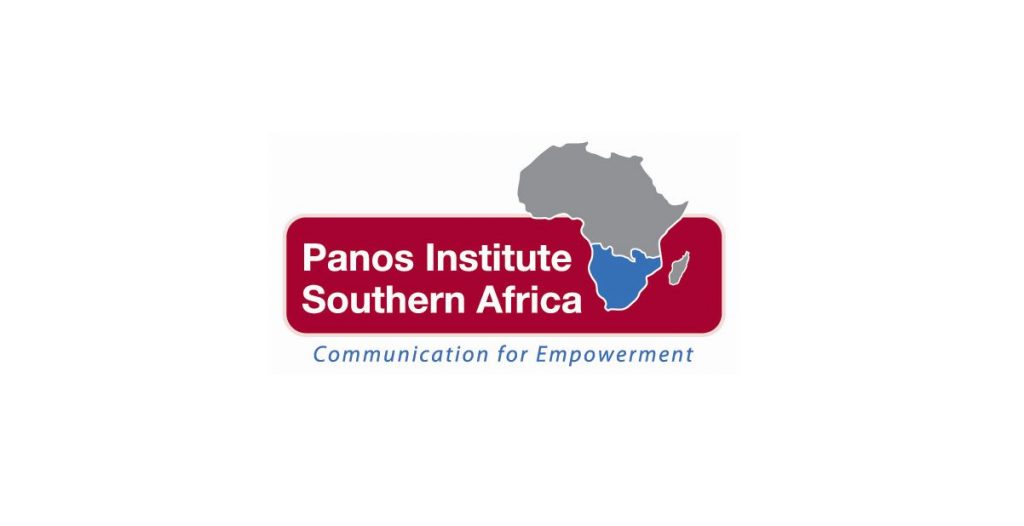
Inside the Prison Walls: Upholding the dignity of prisoners
By Lilian Saka Kiefer
It is widely acknowledged that ‘Prisoners’ Health is Public Health’, mostly because people are constantly crossing over the boundaries into and out of prison. At Panos Institute Southern Africa (PSAf), we also say ‘Prisoners’ Rights are Human Rights’, as we attach great importance to the need to preserve the dignity of prisoners as they serve their sentence.
In a Policy Dialogue dubbed Inside the Prison Walls, one discussant alluded to the fact that every citizen is a potential client for the prison, therefore, it is in everyone’s interest to ensure that the conditions of the prisons do not dehumanise the prisoners.
Since the Amended Constitution (Act No. 2 of 2016) came into effect, Zambia has been working on prison reforms which are centred around the transformation from Prison Service Command to Zambia Correctional Services Command. This will, among other benefits, ensure the preservation of dignity of people incarcerated, as well as propel the rehabilitation and correctional aspect of prisons.
One of the main challenges with upholding the dignity of prisons is the issue of overcrowding. The congestion in prisons is so high that all other aspects are compromised. For instance, the space is not enough to host everyone with reasonable room for adequate hygiene. Facilities such as bathrooms, toilets, kitchens, among others, have capacity for smaller numbers and cannot overstretch too much to reach the over 200% overcrowding capacity. If one kitchen for instance is meant to cater for 200 people, how can it effectively cater for 480, even if the food supplies were available? These are the critical questions to be reflected upon.
In addition to causing numerous sanitation problems, congestion in the correctional facilities breeds violence among the inmates, as they are always getting into each other’s ways. This is a source of emotional and physical trauma that equally undermines their wellbeing and dignity.
With this in mind, even when the Zambia Correctional Service Command puts in their best to improve the conditions in prisons, the available space denies them success. A question then arises as to how best we can get this done. One of the suggestions raised during the Inside the Prison Walls policy dialogue was that there is need to reduce the numbers of people held in prison by fast tracking cases to cut down on the population of remandees. However, this borders on the effectiveness of the judicial system in hearing and disposing of cases. Another suggestion was the need to categorise cases based on severity such that petty thefts and misdemeanours get community service. This too depends on the justice system.
Another critical challenge is the prohibitive provisions for bail, which lead to people on bail remaining in prisons for failure to meet the requirements such as the money and the sureties. Sometimes people remain in custody after being granted bail, adding to the already congested situation. These suggestions on their own, if effectively applied begin to reduce the congestion in prisons significantly. But a clear fact remains that the prison reforms alone are not enough. A host of stakeholders must play a role, starting from the police, the judiciary among others.
It is also important for the public to be aware of the shift in the prison services management, so that as reforms are going on, the public moves along and understands what is going on. This will create a situation where, for example, if a person who stole two chickens is sent on community service, the owner of the chickens does not feel like that service is a let-down. There is therefore a need for massive public awareness, to ensure that everyone is on board aware of the benefits of these reforms.
The success of the prison reforms can only be realised if we all view this as something that goes beyond the correctional service alone. The Executive arm of government has a role to play. Parliament has a role to play. The Judiciary has a role to play. The media and civil society have a role to play. The public has a role to play. The lack of support, as one participant pointed out, has turned correctional service officers into some form of prisoners, as they have to witness the daily struggles of inmates.
One of PSAf’s roles is to advocate for increased financing to support this transformation, as well to participate in raising public awareness and stimulating informed debate on these processes. Hopefully, we will begin to realise increased dignity for people in incarceration.
The author is PSAf Executive Director. For feedback, email: lilian@panos.org.zm.